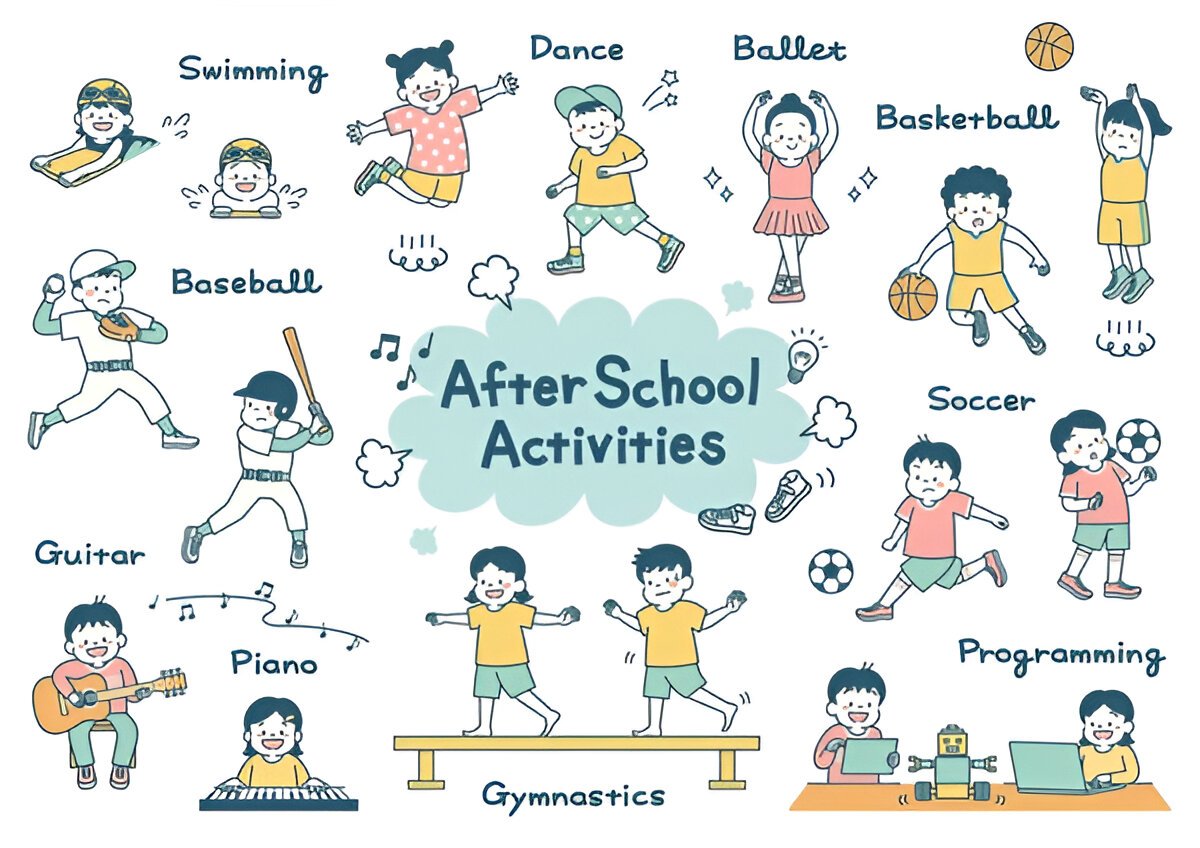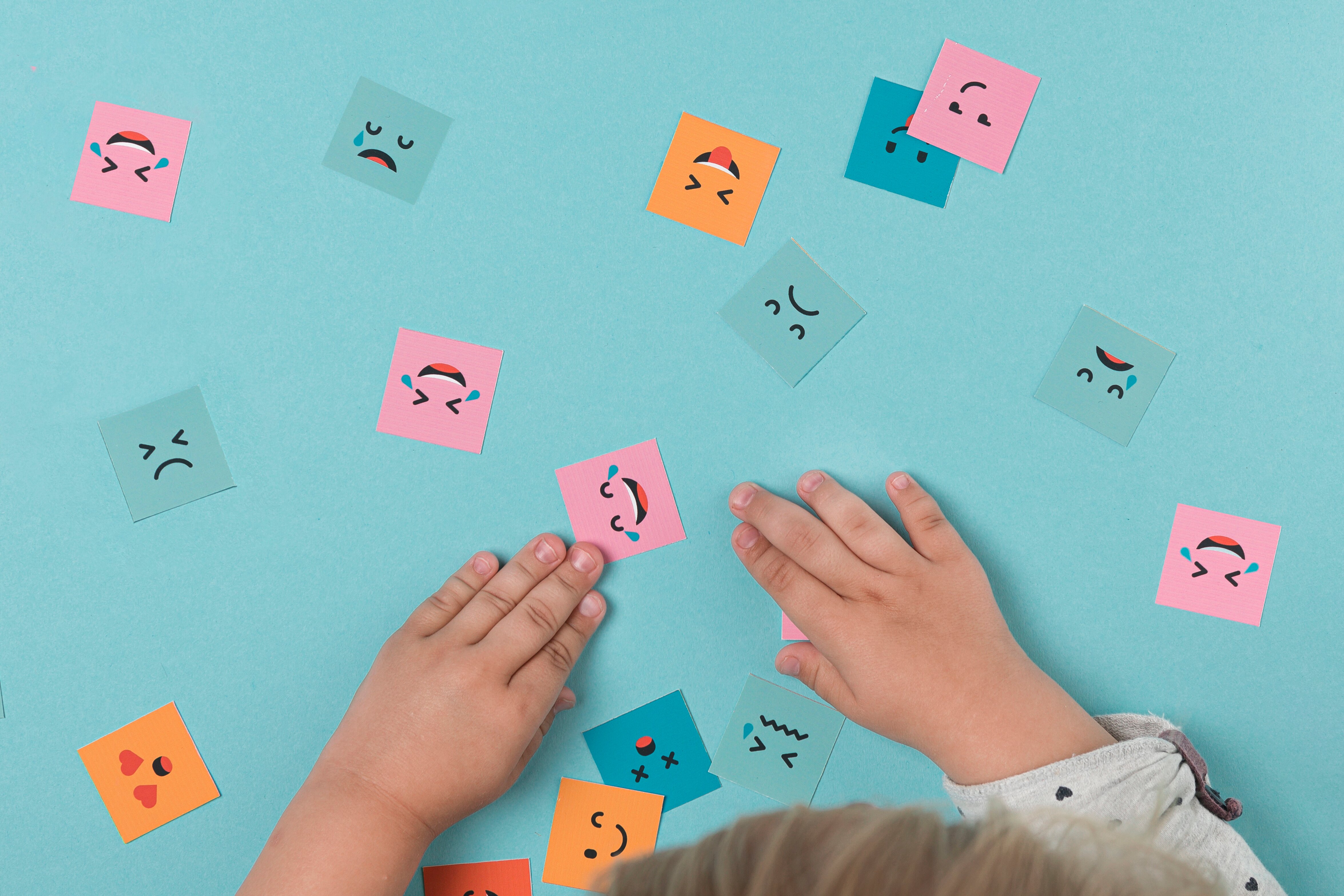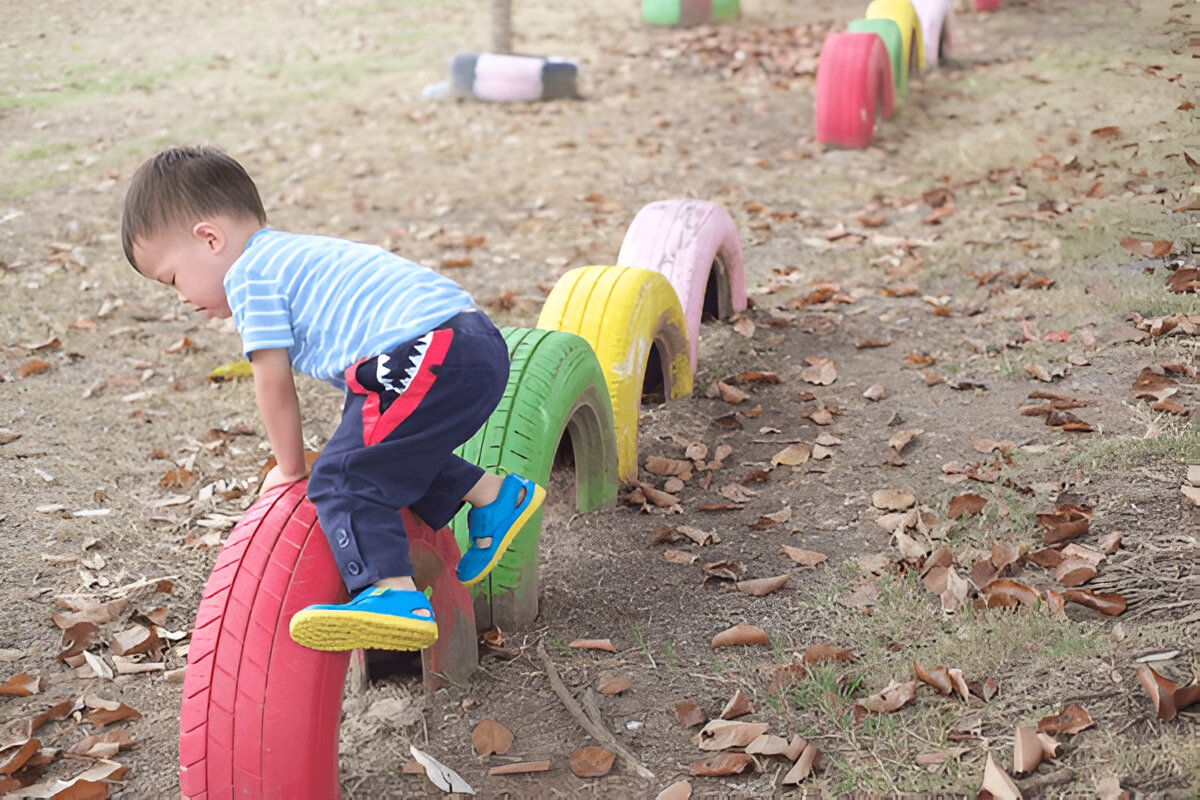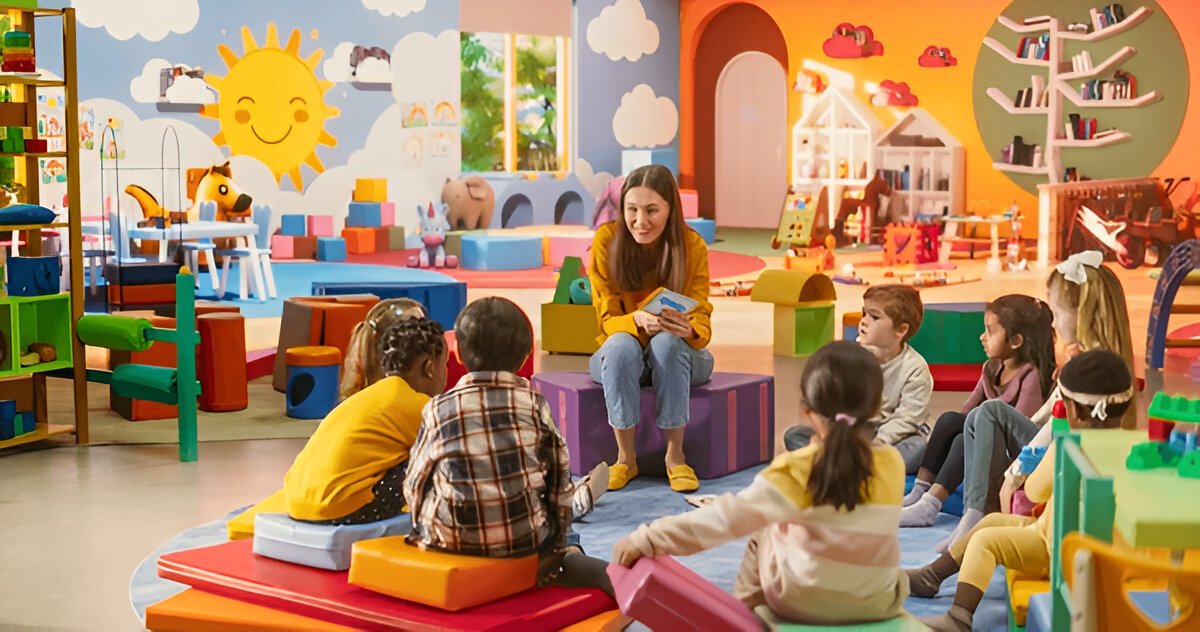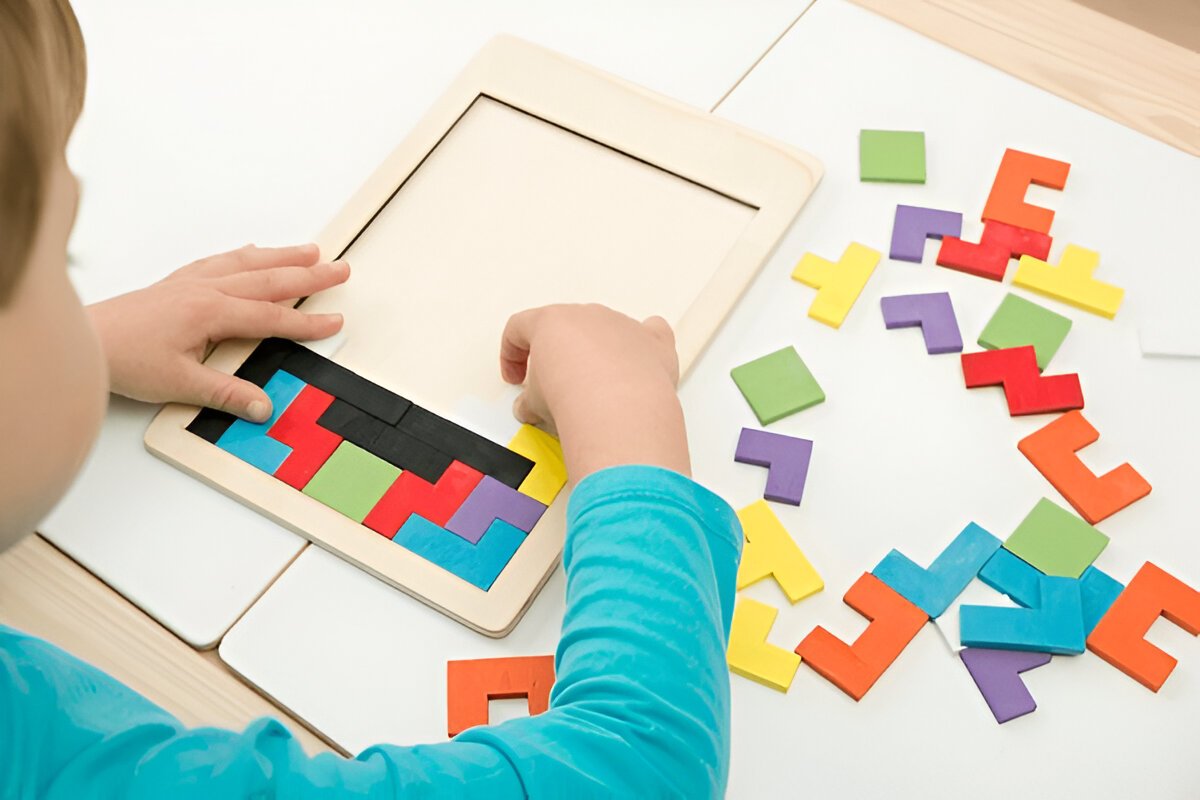After school activities serve a purpose much greater than simply keeping kids busy. After school activities support a child’s overall development – mind, body, soul. Many people just see these activities as fun, and they are fun. However carefully designed programs are also fulfilling many other unique functions. Involvement in a variety of extra curricular programs can strengthen academic skills, improve social skills, and enhance mental resilience.
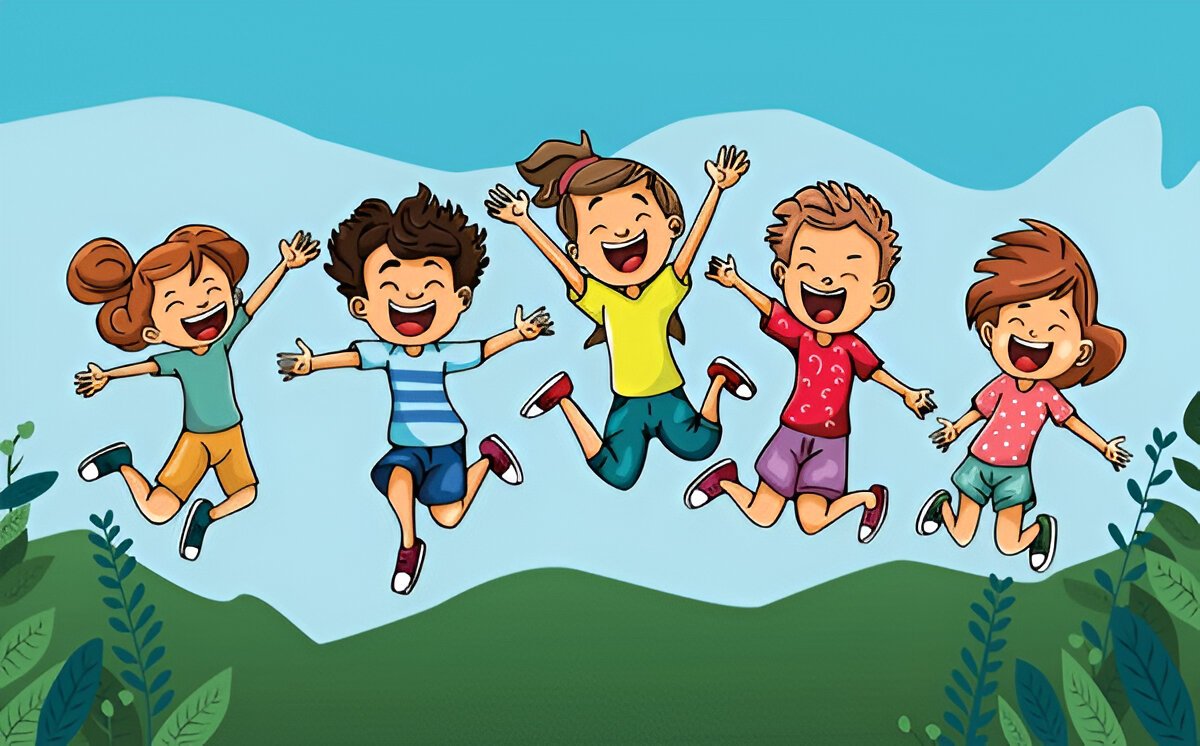
Research indicates that children who become involved in many different after school programs learn important life skills, develop resilience, and improve their self efficacy. This article will bring the reader the top 10 after school activities, and discuss the surprising benifits of these activities that is not so obvious to many. As our society begins to understand the many ways activities can foster development, parents and educators can make better decisions about the after school agenda’s of their students, and become better prepared for our children and students futures.
The Impact of After School Activities on Cognitive Development
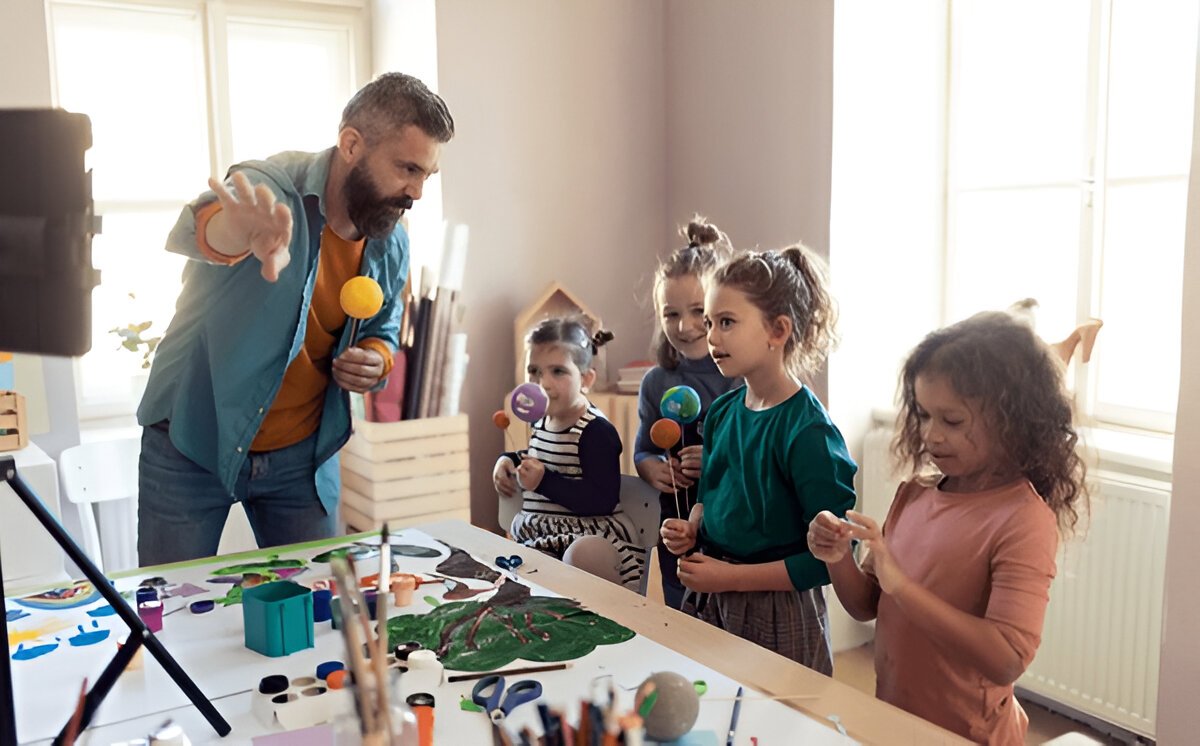
Engaging in activities such as tutoring clubs, science camps, and math competitions does more than offering kids something to do. It improves critical thinking or problem solving skills. Data shows that kids who engage subject areas related to science, technology, engineering and mathematics (STEM) show improved scores in both math and science. Experts say exposing children to technology and science early on, encourages curiosity and expands the brain’s capacity to learn.
Arts & Music for Brain Development
Involvement in theater, choir or visual arts activate brain regions that serve important purpose related to creativity and memory function. Data and studies reflect that students involved in the arts often perform better academically than students not involved in the arts and show improved attention and focus. Arts subject areas teach kids that there are multiple ways to view or solve a problem and thus allow children to develop more flexible minds.
Actionable Suggestions
When kids are encouraged to try multiple activities they can grow their skill set and develop awareness based on their interests. Find programs for your child that they find relatable and are spirited about seeing them enthusiastic about activities. Notice what engages kids’ passionate interests or develops them as cognitively and socially. Finding balance will give kids a powerful and sharper mind.
Social Skills and Emotional Well-being through After School Activities
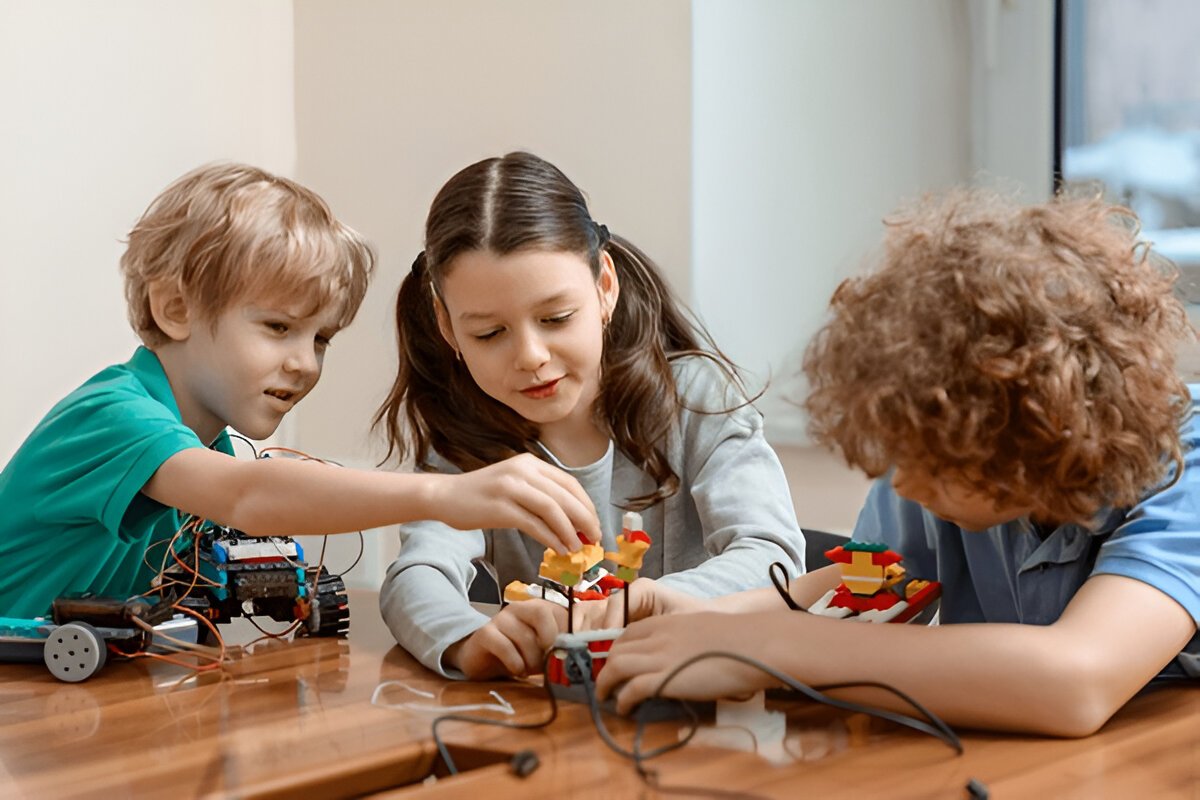
Developing Confidence and Self-Esteem
Being involved in a sports team or arts group acts as an increaser of confidence. Standing up in front of an audience or on the competition floor helps the kids build up their bravery, capitalize on mistakes, and respond positively when dealing with fear. Most children consider performing arts or sports teams as equipping them with perseverance in order to be successful in academic and life pursuits.
Developing Teamwork and Leadership
Working towards a collective goal as a team or in groups (team sports, group projects, club membership, etc.) builds adaptability with teamwork and developing empathy. Interacting with peers expands children’s knowledge of alternative contexts for problem solving and develops friendships.
Suggestions:
Choose activities that engage children to communicate and develop collective approaches to tasks. Support positive socialization and respect for others.
Physical Health Benefits of After School Activities
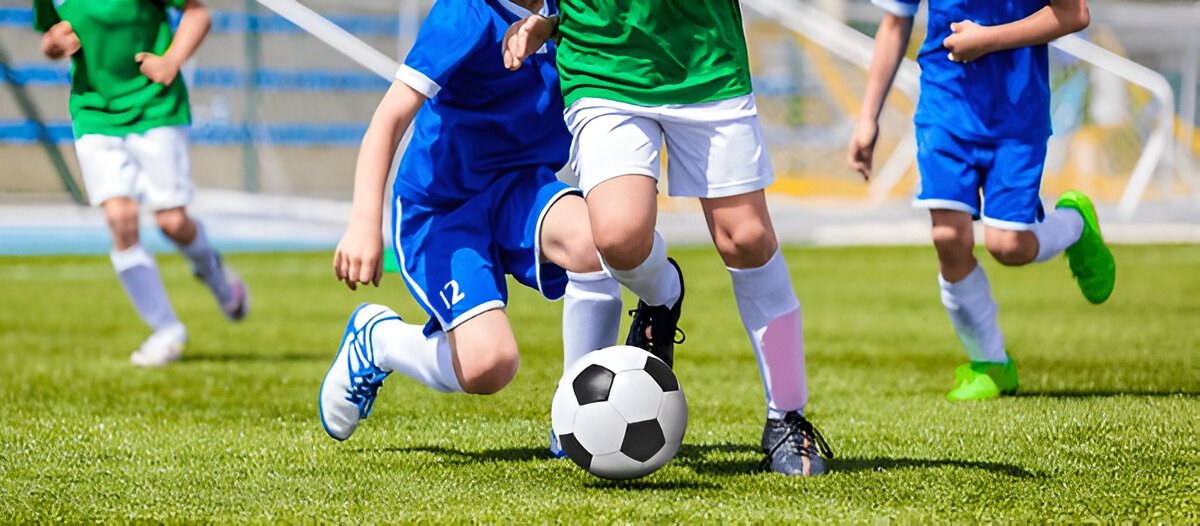
Encouraging Active Lifestyle
Engaging in sport, dance class, or joining a club that stresses being outdoors gets kids out of the house. Getting activity in now can help manage and prevent weight problems, and lead to new habits that promote a long life. Statistics show that kids who are active, as children, like playing outdoors and enjoy sports are less likely to have chronic illness as they become adults.
Development of Motor Skills and Coordination
Children in martial arts, gymnastics and exploring outdoors hone their motor skills and improve coordination. They will also feel more confident using their bodies and have better balance to use in everything they do. Additionally, it stands to reason that developing better motor skills will benefit the child in sports as well as outside of sports daily tasks that involve movement.
Practical Tips
Kids should have limited screen time and incentive to move for at least part of each day on a daily basis. Choose activities that suit their age and interest level, and allow them to see exercise as fun and just something to do, rather than a chore; pave the way for a healthy active lifestyle.
Correlation Between After School Activities and Academic Success
Numerous studies have discovered that children in after school programs tend to achieve higher academic grades and have increased graduation rates. Skills developed outside of school, such as discipline and time management can have a direct impact on a child’s outcome in the classroom, such as higher attendance and grades.
Preparing Future Skillsets
From coding clubs to debate clubs to entrepreneurial clubs, after school programs provide students with the opportunity to develop critical thinking skills, communication skills and adaptability. These skills are essential to the career practices of the future and to help students develop their creative thinking.

Educational experts remark that exposing children to a diverse range of activities extending from school contributes to developing the skills important for problem solving, working in a team, and developing leadership skills.
Be aware of not letting schoolwork overwhelm a child’s other activities. After school time can be the best opportunity to engage children in their interest(s), and interest remaining engaged can enhance their interest in what they learn in school.
Developing Life Skills and Responsibility
Managing Time and Responsibility
Balancing sporting, the arts, and volunteering time slots gives children a greater understanding of being organized. Learning about planning their time creates a sense of structure for their future responsibilities.
Financial Literacy and Giving Back
Fundraising events, charity events, and running a small business project are great ways to teach children the meaning of financial responsibility. Building a sense of responsibilities to helping others. This means you are providing experience and developing a sense of responsibility and community service.
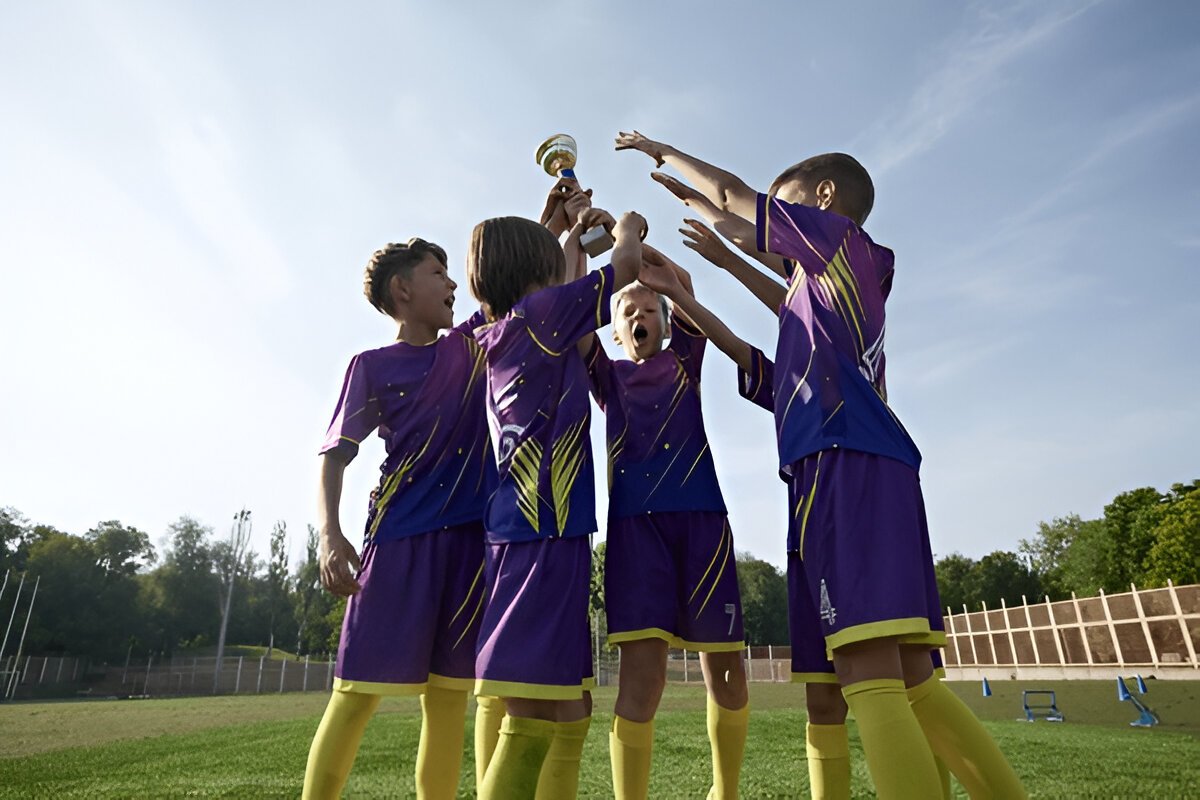
According to child psychologists, extracurricular activities help kids develop responsibility, patience, and self discipline tips needed in adulthood.
Help children balance activities with the education they are receiving in the classroom and their family time. Listen to what they are learning in extracurriculars and encourage conversation around the experience.
The Top 10 After School Activities
- STEM Clubs (Robotics, Coding)
- Performing Arts (Drama, Dance)
- Sports (Soccer, Basketball)
- Art & Craft Classes
- Music Lessons (Instrumental, Vocal)
- Language Learning Clubs
- Volunteer and Community Service
- Environmental & Nature Activities
- Chess and Strategy Games
- Entrepreneurship and Business Clubs
After school activities provide children with more than just a fun way to spend their free time. These programs help foster skills and provide opportunities that help support mental, social, physical and emotional development. Extracurricular programs provide the sets of skills and opportunities that will provide children with better brain power, leadership qualities and healthy alternatives, That well-rounded person we are helping them achieve. So, i hope that you have found the answer that you were looking for. Check out Kinzy Club Blogs for more such helpful articles.
Also do check our Kinzy App to create fun memorable stories through our advanced Ai assistant with your kids.
Try out our App:
App Store: https://apps.apple.com/in/app/kinzy/id6743426150
Play Store: https://play.google.com/store/apps/details?id=club.kinzy.app&hl=en_IN ↩︎

